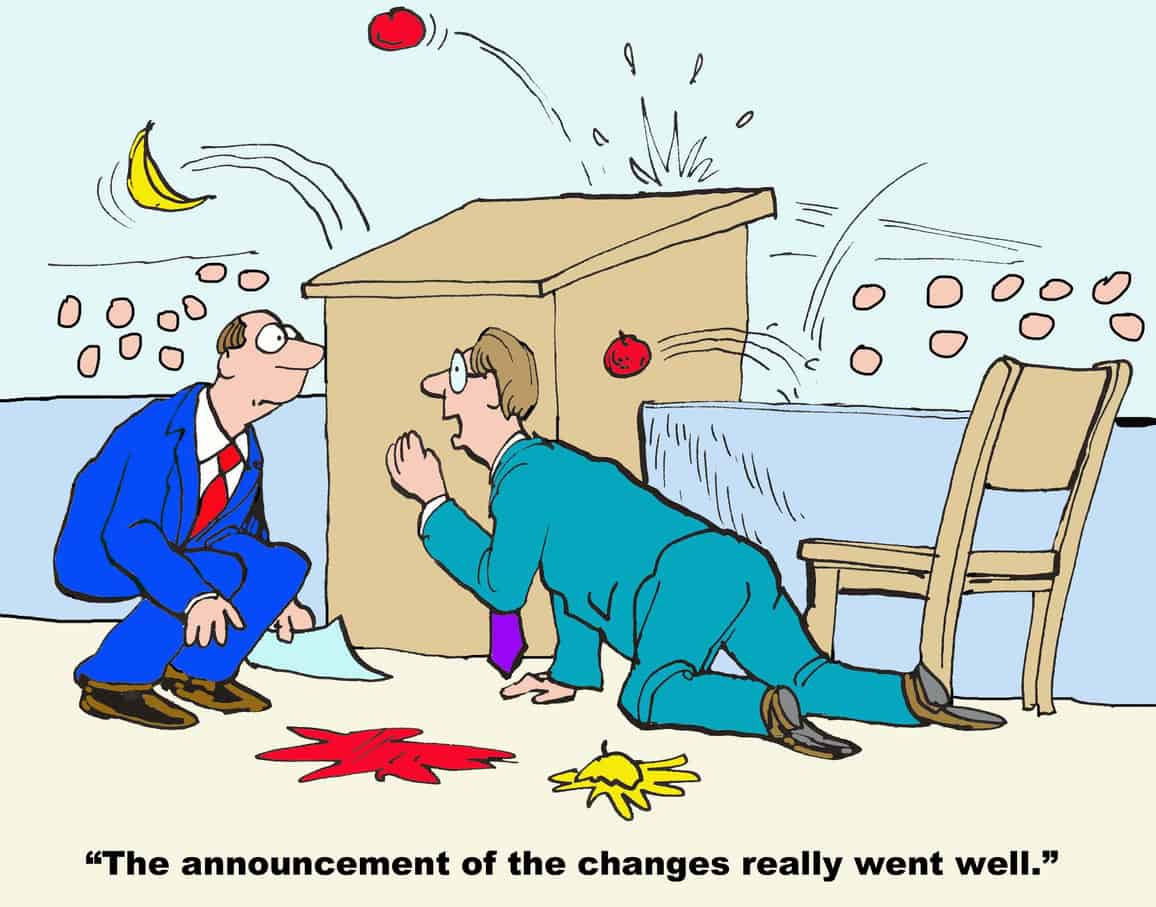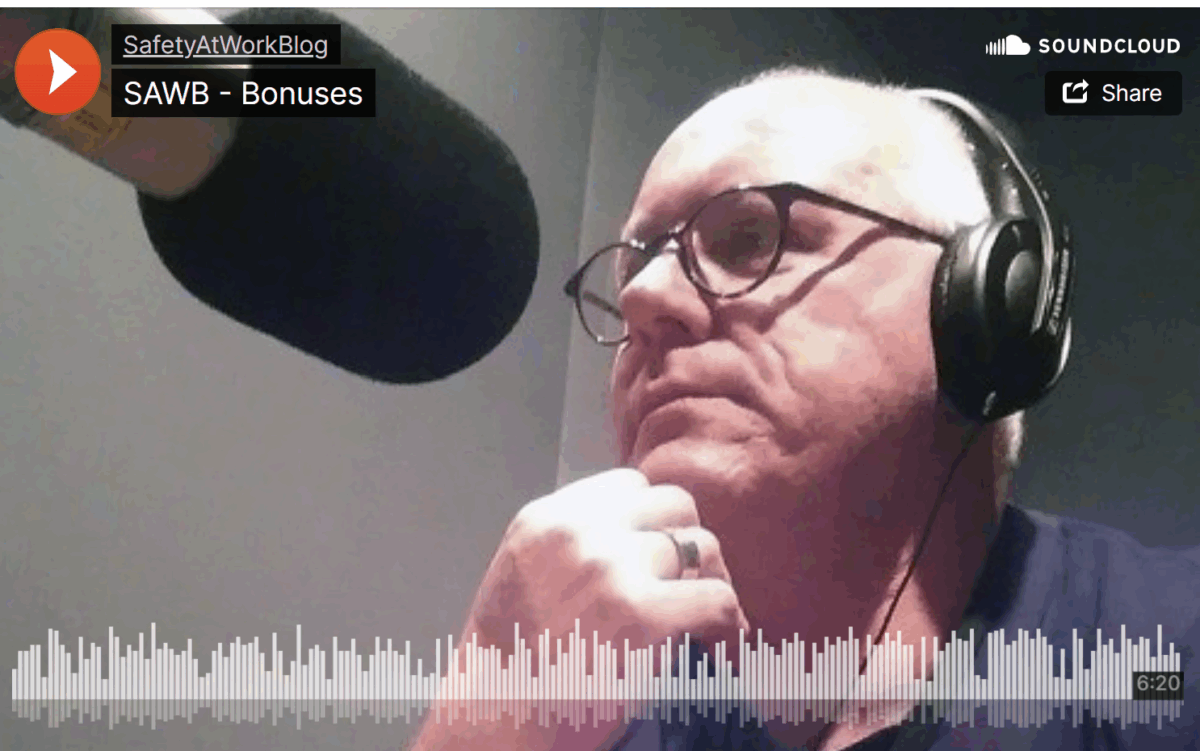Work-related suicide is more insidious in some ways than non-work suicide, as it is institutionally stigmatised to the extent that its reality has been denied. There is an additional level of complexity when an employer is in control of the work, and a strong economic ideology often denies the influence of work factors. The tide is turning, but organisational factors are not receiving the prominence they deserve, and the change remains slow.
New Australian research is playing a crucial role in accelerating this change.
Note: This article discusses issues related to suicide.







